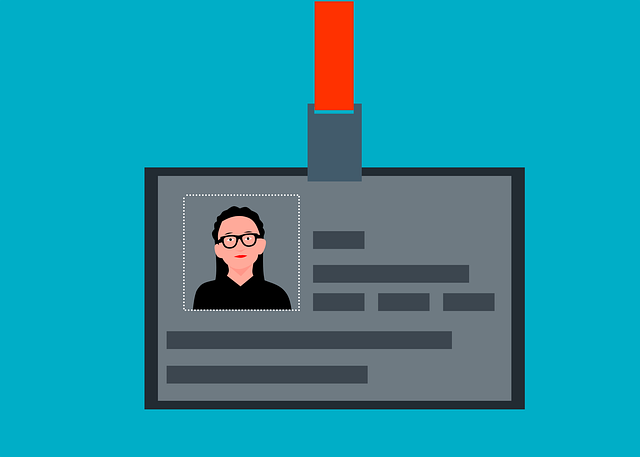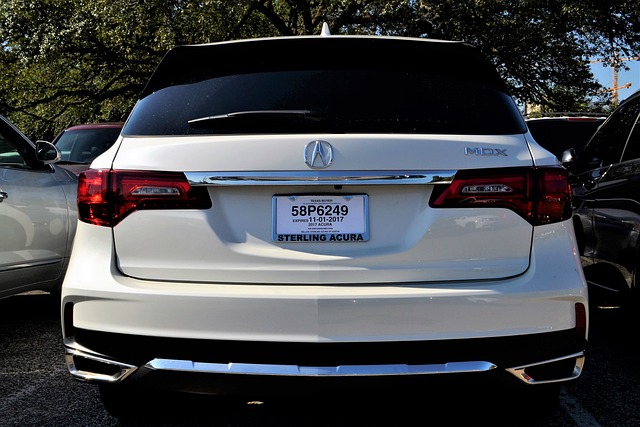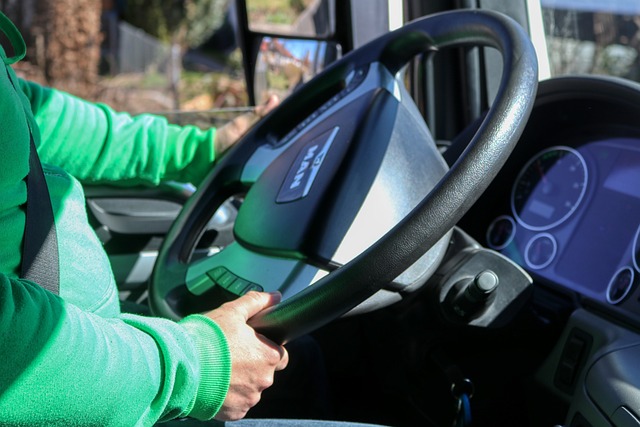International drivers planning to take a UK driving test must ensure their foreign licences are translated accurately by professional services. These services provide legal translations recognised by the DVLA, demonstrating driving competency and adhering to UK laws. Driving licence translation is crucial for road safety, ensuring examiners understand driver qualifications. Choosing the right service with reputable firms and expert translators is vital for successful test passage. Advanced technologies and knowledge of UK regulations guarantee precise translations. Success stories abound, highlighting the importance of these services for international drivers in the UK. Digital innovation streamlines processes further.
For international drivers aiming to tackle UK driving tests, navigating linguistic barriers can be a significant challenge. This article explores the critical role of professional driving licence translation services UK in simplifying this process. From understanding requirements to overcoming legal hurdles, we provide an insightful guide. Learn about translation techniques, choosing the right provider, and real-life success stories, empowering you with the knowledge to confidently navigate your road to UK driving licensure.
- Understanding UK Driving Licence Requirements: An Overview for International Drivers
- The Role of Translation Services in Facilitating Foreign Drivers' Tests
- Types of Documents Required for UK Driving Test Translation
- Accurate Translation Techniques for Driving Licences and Test Preparation
- Choosing the Right Translation Provider for Your UK Driving Test
- Common Challenges in Driving Licence Translations and How to Overcome Them
- Legal Considerations and Accepted Formats for Translated Documents
- Success Stories: Foreign Drivers Navigating UK Tests with Professional Translations
- Future Trends in Digital Driving Licence Translations and Their Impact
Understanding UK Driving Licence Requirements: An Overview for International Drivers

When considering taking a UK driving test as an international driver, understanding the country’s driving licence requirements is paramount. The UK has specific regulations and standards for driving licences, which can differ significantly from those in other countries. One crucial aspect is ensuring your driving licence is translated accurately and legally for the purpose of the test.
Driving licence translation services UK offer a vital support system for non-UK residents aiming to drive legally within the country. These services provide professional translations that meet the necessary standards, allowing applicants to present their foreign licences in a format recognised by the Driver and Vehicle Licensing Agency (DVLA). This process is essential to demonstrate competency and adhere to local laws, paving the way for a successful driving test and the opportunity to navigate the UK’s roads with confidence.
The Role of Translation Services in Facilitating Foreign Drivers' Tests

Driving licence translation services UK play a pivotal role in facilitating foreign drivers’ tests. With an increasing number of individuals from non-English speaking countries seeking to drive legally in the UK, these services ensure that language barriers do not hinder their progress. Professional translators specialised in driving documents can accurately translate and certify foreign driving licences, allowing applicants to demonstrate their proficiency in English during the test.
This process is essential to maintain road safety standards. Accurate translations guarantee that examiners understand the driver’s licence information, including details about the holder’s qualifications, experience, and vehicle endorsements. By leveraging driving licence translation services UK, testing authorities can ensure fair and effective evaluation of foreign drivers’ skills, fostering a diverse and inclusive roads environment.
Types of Documents Required for UK Driving Test Translation

When preparing for your UK driving test, one of the crucial considerations is ensuring all your documents are up-to-date and correctly translated if they’re not in English. For international drivers, a driving licence translation service UK is essential to demonstrate your competence to drive legally on British roads.
The types of documents that may require translation include your driving licence from your home country, as well as any other relevant paperwork such as your passport and theory test results. It’s vital to use professional driving licence translation services UK to ensure accuracy and authenticity. These services will provide official translations that meet the requirements of the Driver and Vehicle Licensing Agency (DVLA).
Accurate Translation Techniques for Driving Licences and Test Preparation

When it comes to driving licence translations for UK driving tests, accuracy is paramount. Professional driving licence translation services UK wide offer vital support for non-English speakers aiming to obtain their driver’s licences and pass the test. These services employ advanced technologies and language experts to ensure precise and reliable translations of all necessary documents.
By leveraging accurate translation techniques, these services go beyond mere word-for-word substitutions. They capture not only the literal meaning but also the nuances and context specific to driving regulations. This meticulous approach helps candidates navigate the test with confidence, ensuring their understanding of UK road rules and safety procedures.
Choosing the Right Translation Provider for Your UK Driving Test

Choosing the right driving licence translation service for your UK driving test is crucial. Look for reputable providers who offer accurate and official translations to ensure your documents meet the required standards. Reputable firms will have experience dealing with various driving licences from around the world, allowing them to provide expert translations that maintain the integrity of your application.
When selecting a service, verify their credentials, check client reviews, and understand their translation process. Some services may offer additional benefits like 24-hour turnaround times or multiple language options. Ensure they can deliver reliable and precise work within the time frame you require to avoid any delays in your test scheduling.
Common Challenges in Driving Licence Translations and How to Overcome Them

Common Challenges in Driving Licence Translations and How to Overcome Them
One of the main hurdles when dealing with driving licence translations for UK tests is ensuring accuracy. Different languages have distinct terminology and road rules, making a direct translation insufficient. Professional translation services must possess automotive expertise to convey precise information, avoiding any potential confusion during the exam. Another challenge lies in document formats; international licenses may not conform to UK standards, requiring careful reformatting while preserving all essential details.
To overcome these obstacles, utilise reputable driving licence translation services UK that employ native speakers with driving experience. These experts can adapt language for clear comprehension, ensuring your translated documents accurately reflect UK regulations. Additionally, opt for services that offer document verification and legalisation to guarantee the translated license’s legitimacy and acceptance by UK authorities.
Legal Considerations and Accepted Formats for Translated Documents

When it comes to driving licence translations for UK driving tests, legal considerations are paramount. The Driver and Vehicle Licensing Agency (DVLA) must approve any translated documents to ensure they meet their standards. Accepted formats include official translations provided by qualified translators or certified translation services in the UK. These services should adhere to specific guidelines, such as using the latest font types and sizes, and ensuring no alterations to the original document’s content or layout.
Driving licence translation services UK must also comply with legal requirements for authenticity and accuracy. This involves providing a translated copy that perfectly mirrors the information on the original licence, including details like name, date of birth, address, and classification of the driver’s licence. Any errors or discrepancies can lead to delays or rejection during the driving test process, so choosing a reputable and accurate translation service is crucial for a seamless experience.
Success Stories: Foreign Drivers Navigating UK Tests with Professional Translations

Many foreign drivers successfully navigate UK driving tests with professional driving licence translation services. These services ensure that all documents are accurately translated, preserving the integrity and validity of the original paperwork. By leveraging expert translators who understand both the UK’s legal language and driving regulations, these professionals help non-native speakers communicate effectively during their tests.
Success stories abound, with drivers from diverse linguistic backgrounds confidently passing their exams thanks to meticulous translations. This not only showcases the importance of clear communication but also underlines how professional translation services can level the playing field for international drivers looking to obtain a UK driving licence.
Future Trends in Digital Driving Licence Translations and Their Impact

The future of driving licence translations in the UK is set to be transformed by digital innovation. Online platforms and mobile apps are already leading the way in providing quick and accessible translation services for international drivers looking to take their tests in the UK. These technologies not only streamline the process but also offer a more comprehensive range of language support, ensuring that non-native speakers can confidently navigate the UK’s road rules.
With advancements in machine translation and natural language processing, we can expect even greater precision and cultural sensitivity in these digital driving licence translation services. This will benefit both test candidates and licensing authorities by reducing administrative burdens and potential errors, allowing for a smoother experience all around.



